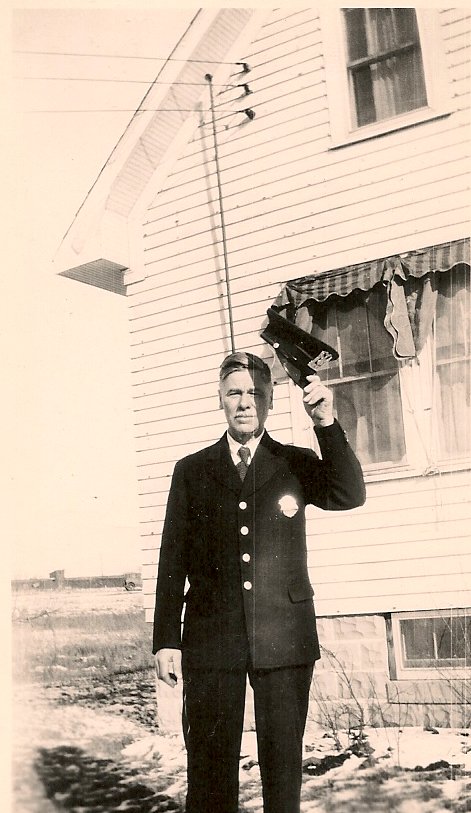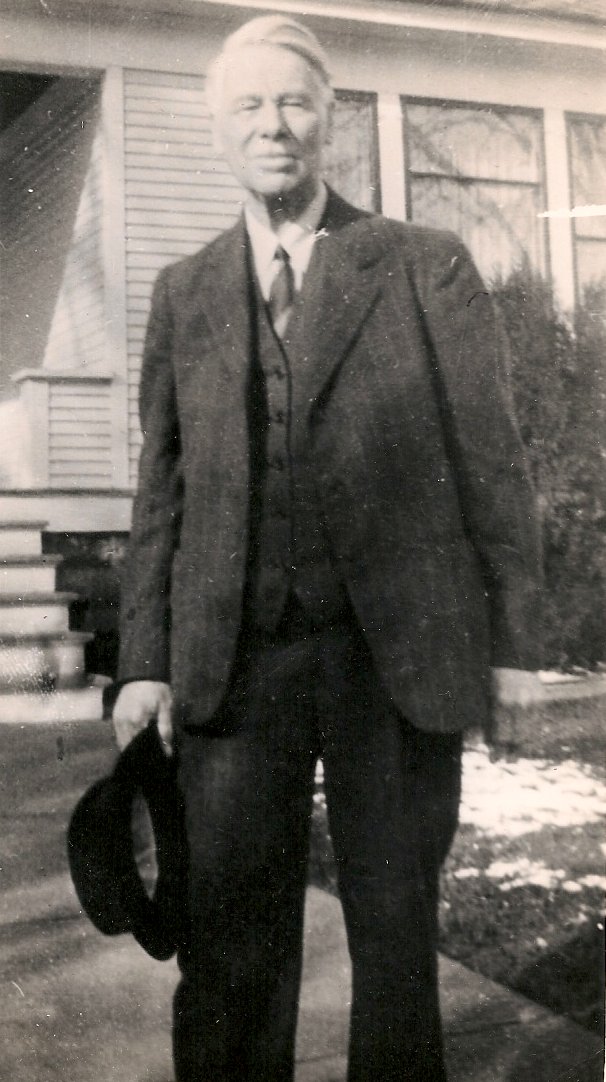Vintage recipes and traditions: finding the food of our ancestors
/Last October, I wrote a post about finding the stack pie tradition in North Carolina. The whole notion of stack pie is a wonderful thing to me. It encompasses artistry, community, and family all in one dish. But the only documentation I had of stack pie came from Cabins in the Laurel, a book my aunt gave me. I knew I had to do more digging.
And I found some great things. Amazing things. But I didn't find them in the way I expected. For instance, I realized discovering old (and sometimes forgotten) recipes can't really be done online. Nowadays, we can do almost everything with a few clicks on our computer or phone. But stack pie didn't really come up all that regularly for me, if at all. So I dug some more. And I've come up with some suggestions on how and where you can possibly come up with some great ideas for vintage food traditions and recipes.
- Ask your relatives. This almost seems too easy. But our older relatives (grandparents, aunts, uncles, cousins) hold on to so much information. And they'd probably love to talk about it. Sit with them. Jog their memory. The most joyous of remembrances lie around food and family. See what these people in your lives have to say.
- Contact the local library in the area you're researching. I cannot, cannot, cannot stress enough how valuable libraries are. I really believe the majority of people in a town have no idea the wealth their libraries have to offer. Yes, things are moving in a more electronic direction, like eBooks. But the library not only holds old and rare books; these institutions provide family chronicles, newspapers, and other priceless documentation on the local history of the community. Let me give you an example: I walked into a library in Bakersville, NC, and asked the librarian at the front desk if they had any old local cookbooks or recipes. She thought for a minute, and said, "Have you been in our North Carolina room?" She then walked me into a room no bigger than a walk-in closet filled with books and articles about the local area. Pulling a huge table out of the way, she got on her hands and knees and began to hand me small cookbooks from Mitchell County. I was in heaven. And after making much use of their photocopier, I took invaluable information about the local area. Almost every library has either a local history room or several shelves dedicated to community archives. I have to believe you won't walk away empty.
- Use the library in your own area, even if it's miles away from the area you're researching. The library in my town has been very good to me. And I've become friends with the reference librarian. Tell him/her what and where you're researching and what you're trying to look for. He/she can pull books and other information you didn't even know existed. My reference librarian got a book for me on Appalachian cooking I didn't even know existed. I then tracked down the author and sent an email to him. And he was very gracious and wrote me back (a lot of authors will.)
- Go to library book sales. I think you can tell by now how much I love the library. Many people don't know that the library either has an ongoing book sale or has an enormous book sale once a year. Go. Go. Go. A library in the next town over has a huge one every year, and I wake up at 6:30am on a Saturday morning and pay $20 to get in before the public. And it's so worth it. The library will have local history and cookbooks, and I'll let in on a secret: I've gotten old church cookbooks for free because no one else wants them. These books have so many old recipes from churches in the area and all over the country. I love to look at the recipes and who contributed them. (Check out my friend Amber's post on her grandmother's cookbooks. Lovely.)
- Call the churches in the area. For hundreds of years, the church has been one of the strongest pillars of a community. These churches usually keep their history in their own libraries or designated rooms. Quakers keep amazing minutes of their meetings that can provide so much information about a locale. And if you've grown up in church, we all know how the congregation loves food. My food-loving family came from a line of Baptists and Methodists, and the church in Bakersville where my family worshiped was the Bear Creek Baptist Church. However, I didn't limit my contact with just them. I decided I would call the other Baptist churches in the area to see if I could get any local food traditions. Let me tell you something about that area: Bakersville's population lies around a little more than 450. In the Bakersville/Spruce Pine area, there are 22 Baptist churches. And I called every single one of them.
So I've given you several ways to find those old forgotten recipes and traditions. You'll find once you get started, the journey can be as joyful as the destination. Off you go!









